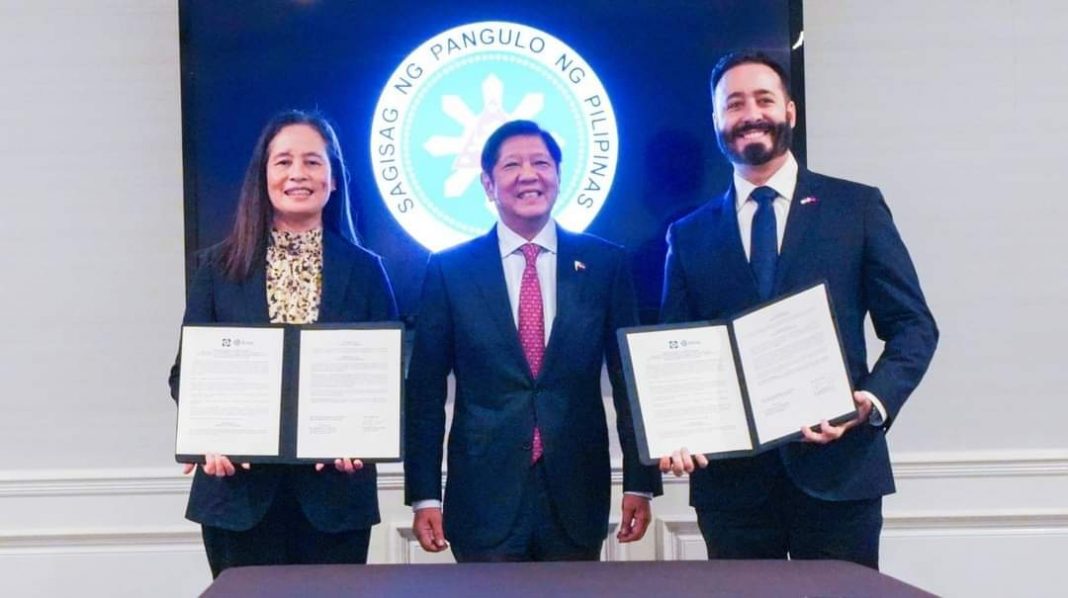US-based meteorology company Atmo has signed a memorandum of agreement with the Department of Science and Technology (DOST) to build a high-resolution weather forecasting system for the Philippines using artificial intelligence (AI) technology.
The MOA was signed by DOST undersecretary Maridon Sahagun and Atmo founder and CEO Alexander Levy at the sidelines of the Asia Pacific Economic Cooperation summit in San Francisco, California. Pres. Ferdinand R. Marcos Jr. witnessed the signing.
“Atmo and the DOST’s partnership on an AI-powered weather forecasting system will help the Philippines build its climate resilience,” Marcos said after the signing.
It will be Asia’s largest AI-driven weather forecasting program, although a statement from the government did not indicate the financial terms of the deal.
The deal on the weather forecasting system is expected to greatly help the Philippines considering that it is one of the countries most affected by typhoons, with an annual average of 20 typhoons that bring heavy flooding and cause billions of pesos in damage to infrastructure and agriculture, and loss of property and even lives.
Based on records, the Philippines has experienced 17 typhoons from July 2022 to May 2023.
House speaker Ferdinand Martin G. Romualdez, who was with Marcos Jr. at the APEC summit, noted that in addition to aiding disaster risk resilience, the predictive capabilities of the AI-powered weather forecasting system are expected to have far-reaching applications in agriculture, maritime safety, infrastructure development, and tourism.
“By harnessing the power of AI in weather forecasting, we may be able to avert another tragedy such as the one wrought by supertyphoon Yolanda,” said Romualdez.
The Atmo AI-enabled hardware-software system leverages deep learning for numerical weather prediction and is touted to have superior accuracy than the weather forecasts of the US National Oceanic and Atmospheric Administration.
Accurate weather predictions would also prove invaluable to power generation and distribution utilities, enabling better management of energy resources, preventing disruptions and ensuring a stable power supply, according to Romualdez.




